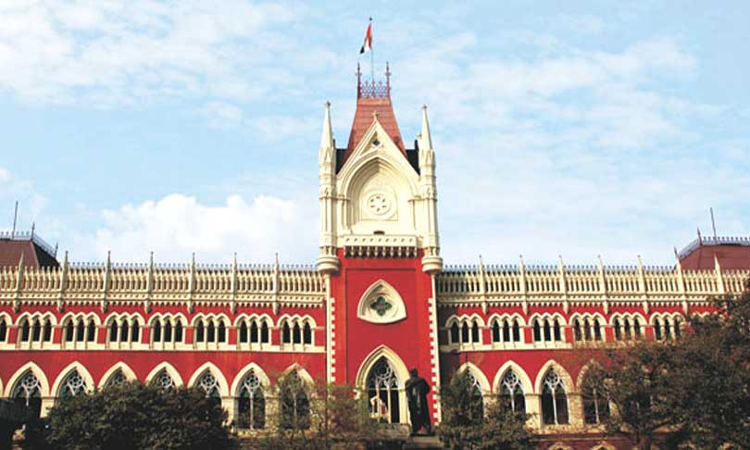Clause "Every Effort" To Arbitrate; Must Be Referred To Arbitration: Calcutta High Court
Parina Katyal
1 Aug 2022 4:30 PM IST

Next Story
1 Aug 2022 4:30 PM IST
The Calcutta High Court has ruled that it is the intention of the parties that has to be deciphered while determining whether or not the parties must be referred to arbitration. The Single Bench of Justice Shekhar B. Saraf held that where the arbitration clause between the parties provided that "every effort" should be made by them to settle the dispute by arbitration, the term...
